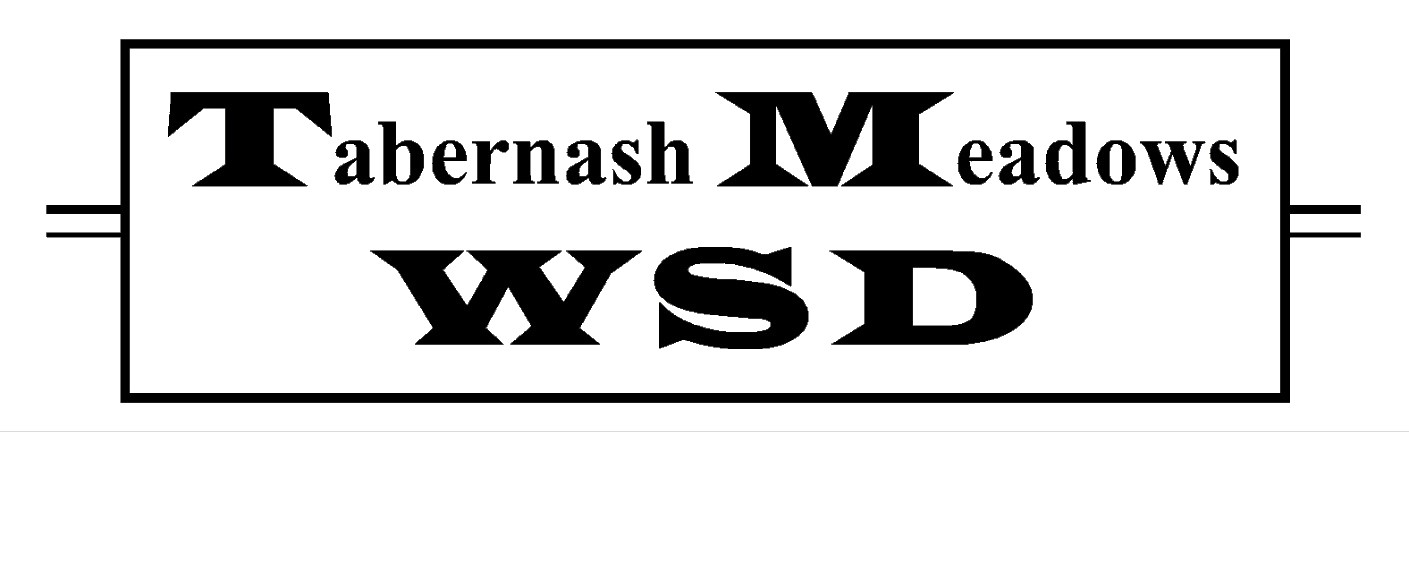Hardness
Hardness in water is usually observed by its ability to form scale and make suds with soaps and detergents. If your water leaves deposits in sinks and tubs, then it is moderately hard to hard. Water hardness varies across the country and around the world. The earth's terrain is rich in mineral content. Subterranean and surface waters absorb some of these minerals. Absorbed minerals include compounds of calcium and magnesium carbonates, bicarbonates, sulfates and chlorides. These naturally occurring minerals give water its hardness.
Hardness in water is defined as the sum of the calcium and magnesium concentrations, expressed as calcium carbonate. The hardness of the water varies with the amounts of these salts. It is no longer an issue with laundry since most modern detergents contain water softeners.
The Districts drinking water hardness varies slightly, but is between 150-190 mg/L as calcium carbonate.
Hardness Water Quality.pdf| Hardness Classification: | Calcium carbonate equivalent (mg/L) |
|---|---|
| Soft | <75 |
| Moderately Hard | 75-150 |
| Hard | 150-300 |
| Very Hard | >300 |
